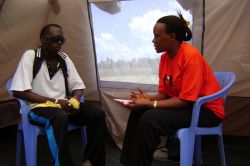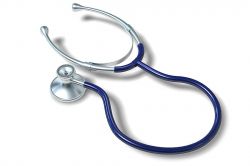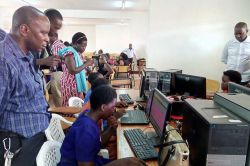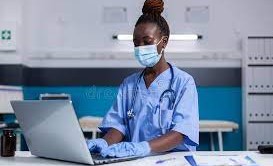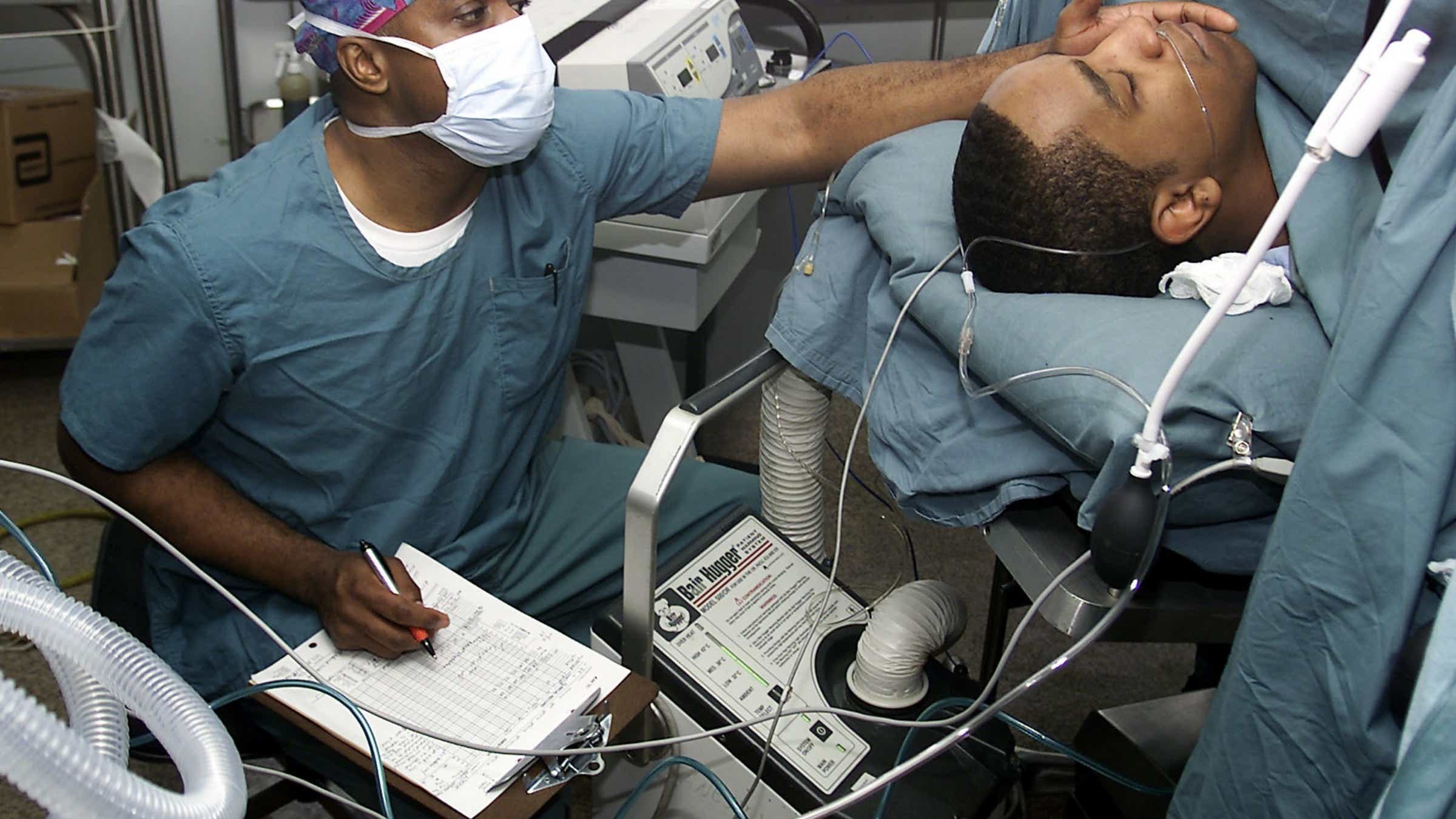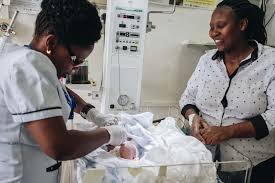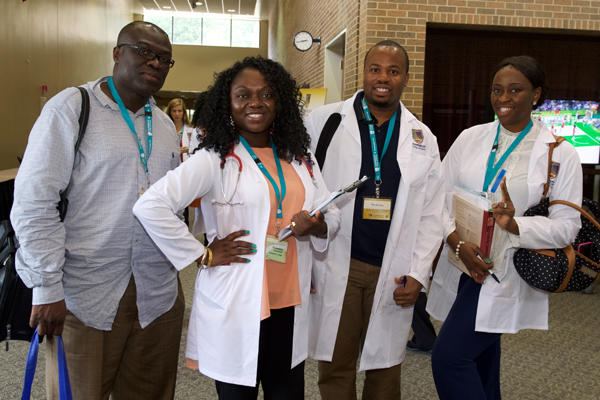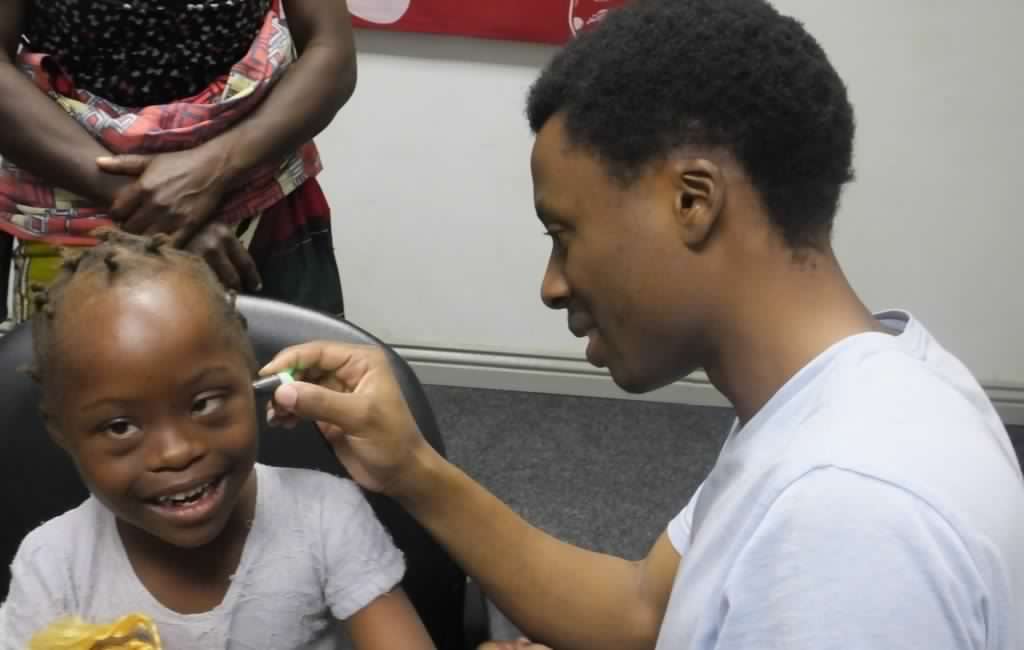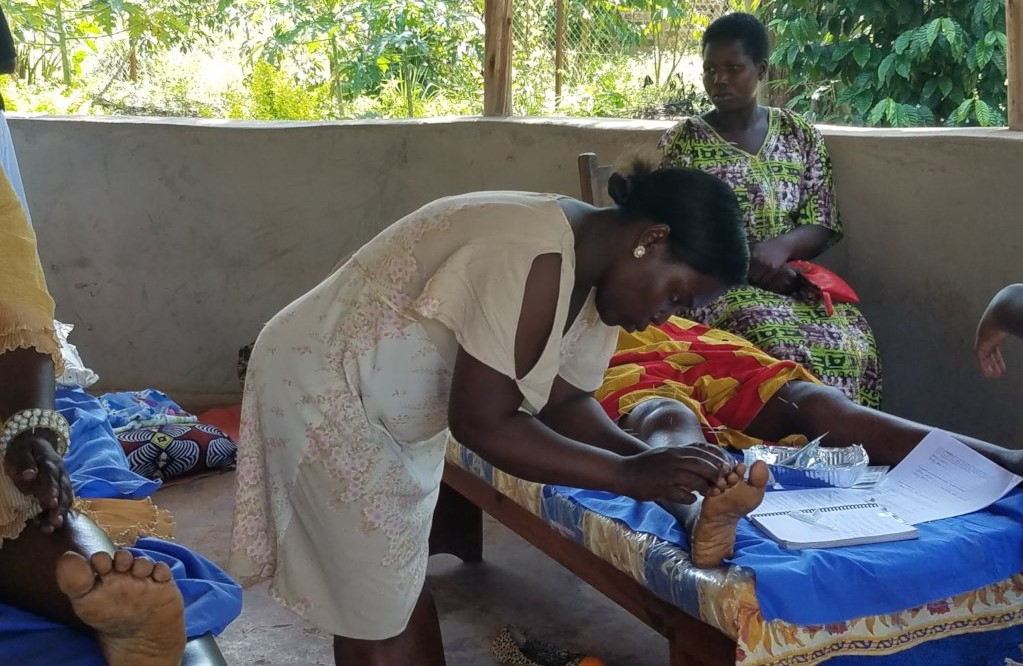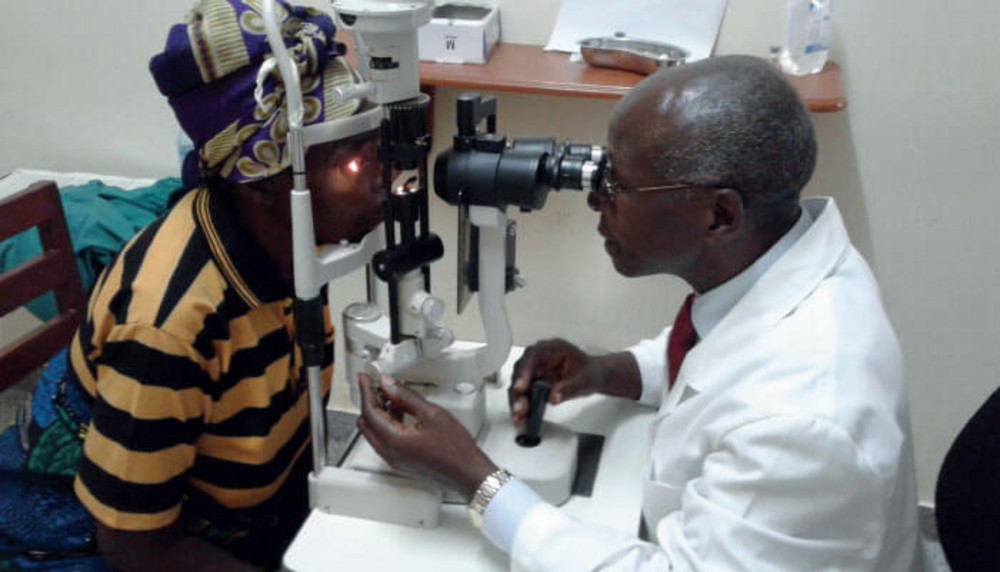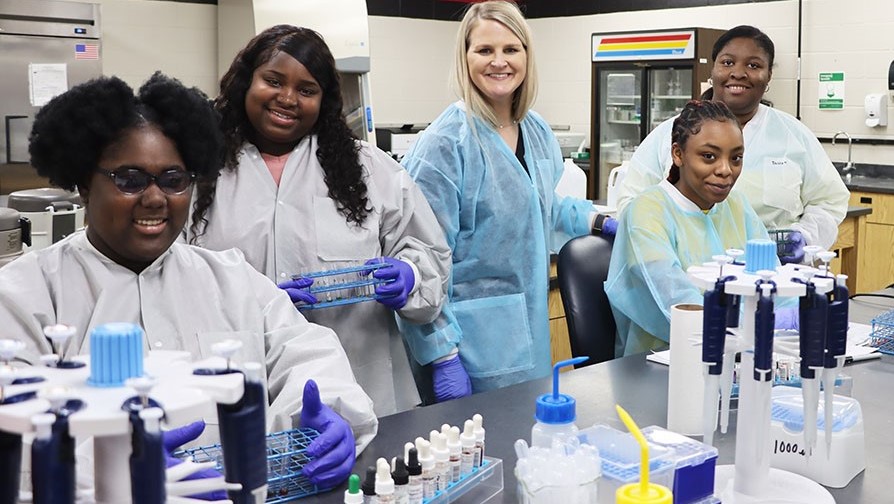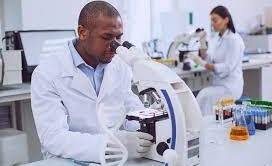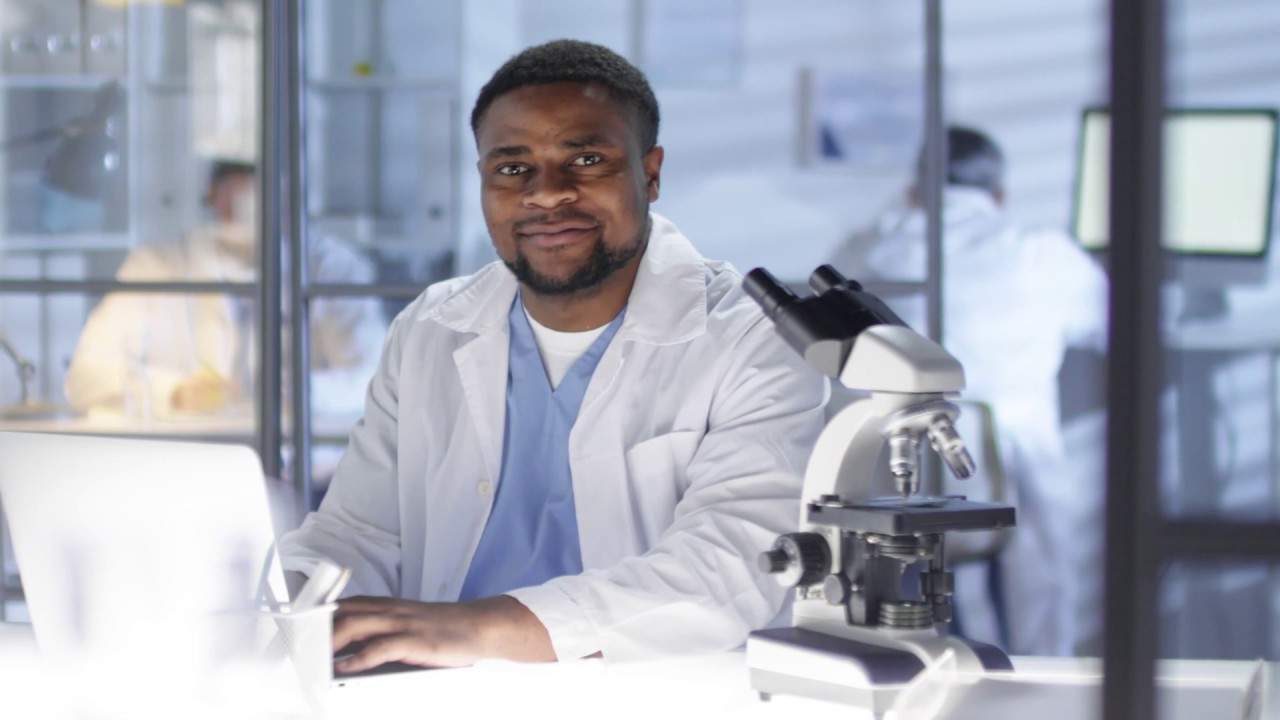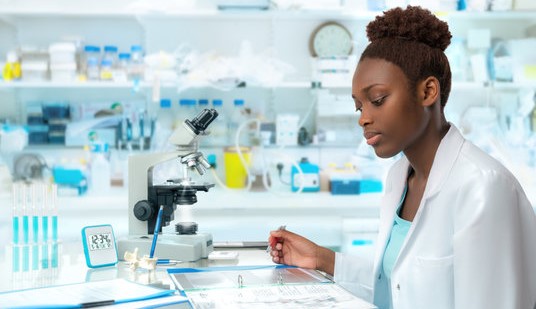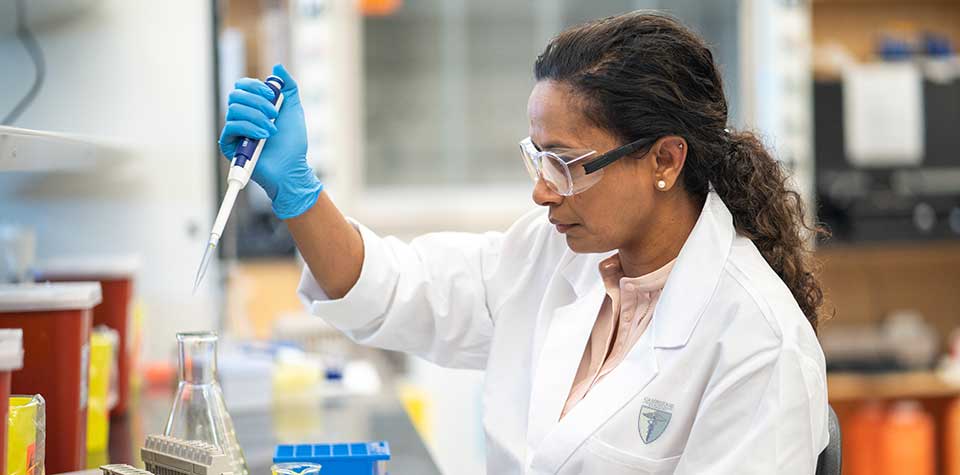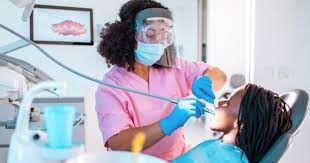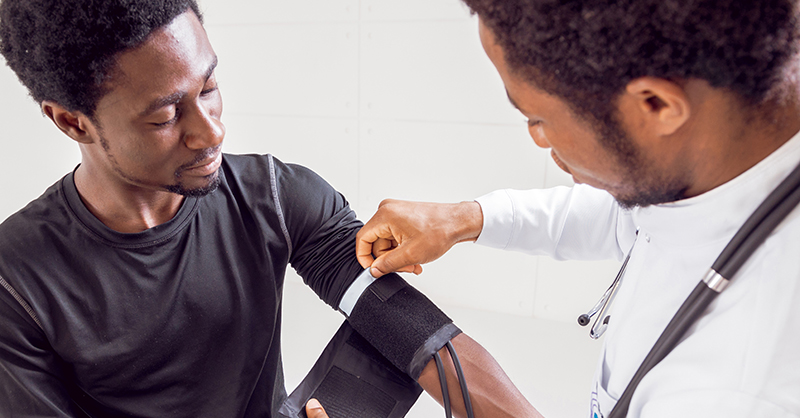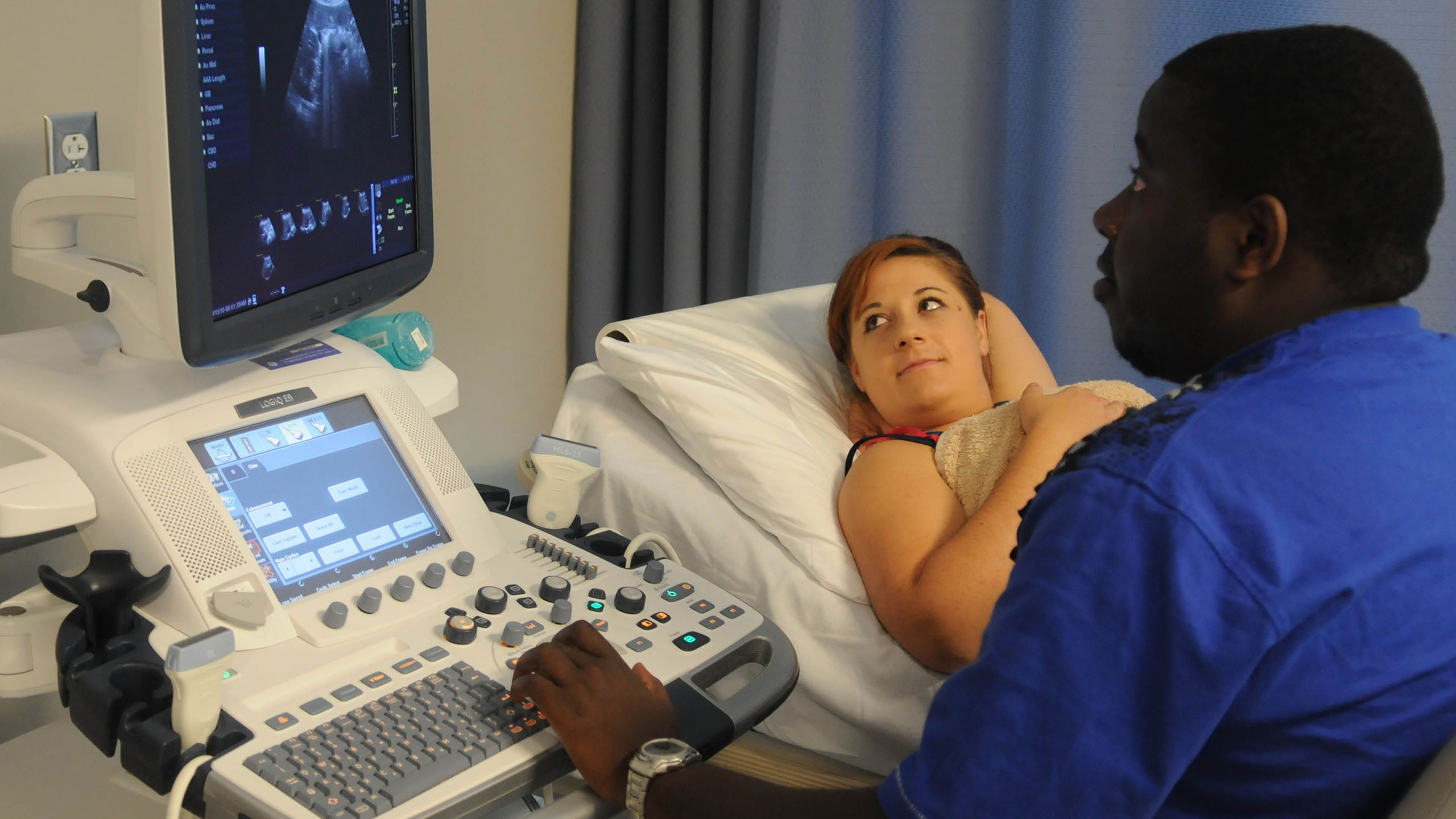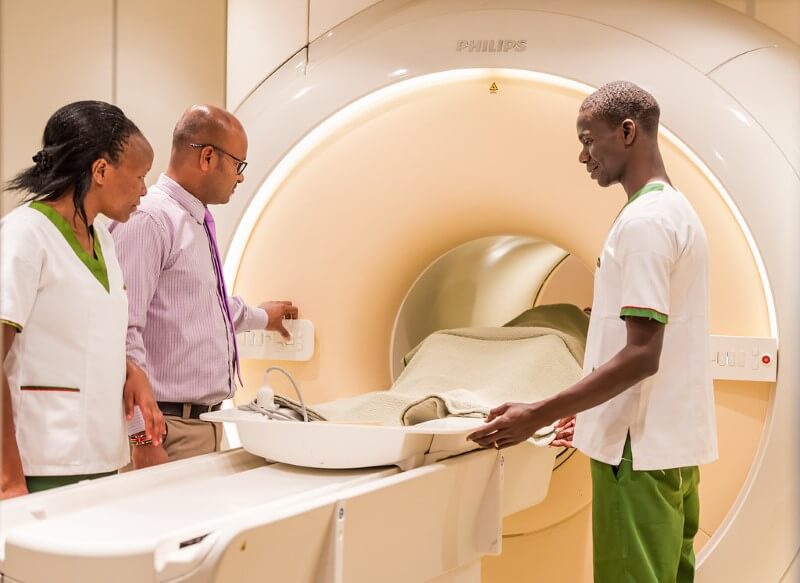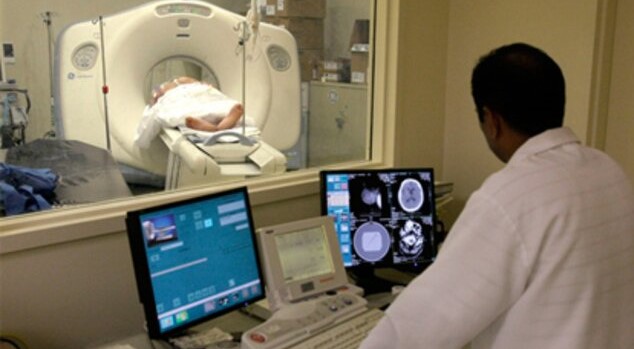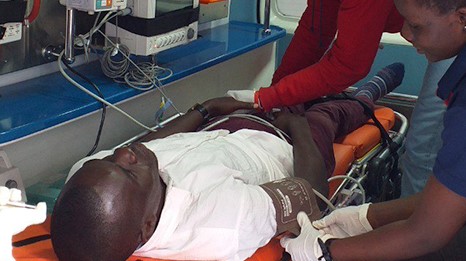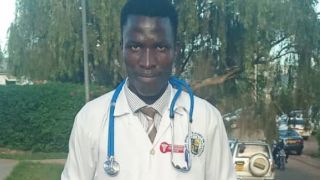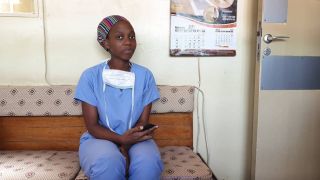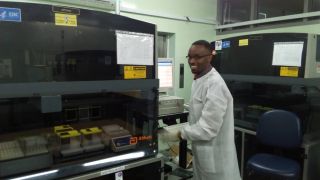Breaking News
- Flexible Remote Work Opportunity for University Students: Earn $100–$250 Per Month ...Read More
- Ministry of Education and Sports Azerbaijan Government Scholarships For 2025-2026 Academic Year ...Read More
- Government Sponsorship Undergraduate Admission Lists 2025-26 for Makerere University ...Read More
- Ministry of Education And Sports: Egyptian Government Scholarships 2025-2026 Academic Year ...Read More
- Ground Breaker Full Scholarship for girls to study Software Engineering 2025 July Intake ...Read More
- Tony Elumelu Foundation Entrepreneurship Programme (TEEP) 2025 for young African Entrepreneurs ...Read More
- DESIGNING FUTURES 2050 International Design Competition 2025 (€15,000 prize) ...Read More
- Ground Breaker Full time Scholarship for girls to study Software Engineering 2025 Intake ...Read More
- Ministry of Education And Sports Algerian Vocational Training Scholarships for 2024-2025 AY ...Read More
- Ministry of Education and Sports Advert for the Algerian Government Scholarships for 2024-2025 ...Read More
Health Science Careers
Clinical Nurse Specialist
Plan, direct, or coordinate the daily patient care activities in a clinical practice. Ensure adherence to established clinical policies, protocols, regulations, and standards.
Know MoreNurse Anesthetist
Administer anesthesia, monitor patient's vital signs, and oversee patient recovery from anesthesia. May assist anesthesiologists, surgeons, other physicians, or dentists. Must be registered nurses who have specialized graduate education.
Know MoreNurse Midwife
Diagnose and coordinate all aspects of the birthing process, either independently or as part of a healthcare team. May provide well-woman gynecological care. Must have specialized, graduate nursing education.
Know MoreNurse Practitioner
Diagnose and treat acute, episodic, or chronic illness, independently or as part of a healthcare team. May focus on health promotion and disease prevention. May order, perform, or interpret diagnostic tests such as lab work and x rays. May prescribe medication. Must be registered nurses who have specialized graduate education.
Know MoreAudiologist
Assess and treat persons with hearing and related disorders. May fit hearing aids and provide auditory training. May perform research related to hearing problems.
Know MoreAcupuncturist
Provide treatment of symptoms and disorders using needles and small electrical currents. May provide massage treatment. May also provide preventive treatments.
Know MoreNaturopathic Physician
Diagnose, treat, and help prevent diseases using a system of practice that is based on the natural healing capacity of individuals. May use physiological, psychological or mechanical methods. May also use natural medicines, prescription or legend drugs, foods, herbs, or other natural remedies.
Know MoreOrthoptist
Diagnose and treat visual system disorders such as binocular vision and eye movement impairments.
Know MoreMedical and Clinical Laboratory Technologist
Perform complex medical laboratory tests for diagnosis, treatment, and prevention of disease. May train or supervise staff.
Know MoreCytogenetic Technologist
Analyze chromosomes found in biological specimens such as amniotic fluids, bone marrow, and blood to aid in the study, diagnosis, or treatment of genetic diseases.
Know MoreCytotechnologist
Stain, mount, and study cells to detect evidence of cancer, hormonal abnormalities, and other pathological conditions following established standards and practices.
Know MoreHistotechnologists and Histologic Technician
Prepare histologic slides from tissue sections for microscopic examination and diagnosis by pathologists. May assist in research studies.
Know MoreMedical and Clinical Laboratory Technician
Perform routine medical laboratory tests for the diagnosis, treatment, and prevention of disease. May work under the supervision of a medical technologist.
Know MoreDental Hygienist
Clean teeth and examine oral areas, head, and neck for signs of oral disease. May educate patients on oral hygiene, take and develop x rays, or apply fluoride or sealants.
Know MoreCardiovascular Technologists and Technician
Conduct tests on pulmonary or cardiovascular systems of patients for diagnostic purposes. May conduct or assist in electrocardiograms, cardiac catheterizations, pulmonary functions, lung capacity, and similar tests. Includes vascular technologists.
Know MoreDiagnostic Medical Sonographer
Produce ultrasonic recordings of internal organs for use by physicians.
Know MoreNuclear Medicine Technologist
Prepare, administer, and measure radioactive isotopes in therapeutic, diagnostic, and tracer studies using a variety of radioisotope equipment. Prepare stock solutions of radioactive materials and calculate doses to be administered by radiologists. Subject patients to radiation. Execute blood volume, red cell survival, and fat absorption studies following standard laboratory techniques.
Know MoreRadiologic Technologist
Take x rays and CAT scans or administer nonradioactive materials into patient's blood stream for diagnostic purposes. Includes technologists who specialize in other scanning modalities.
Know MoreEmergency Medical Technicians and Paramedic
Assess injuries, administer emergency medical care, and extricate trapped individuals. Transport injured or sick persons to medical facilities.
Know MoreDietetic Technician
Assist in the provision of food service and nutritional programs, under the supervision of a dietitian. May plan and produce meals based on established guidelines, teach principles of food and nutrition, or counsel individuals.
Know More













